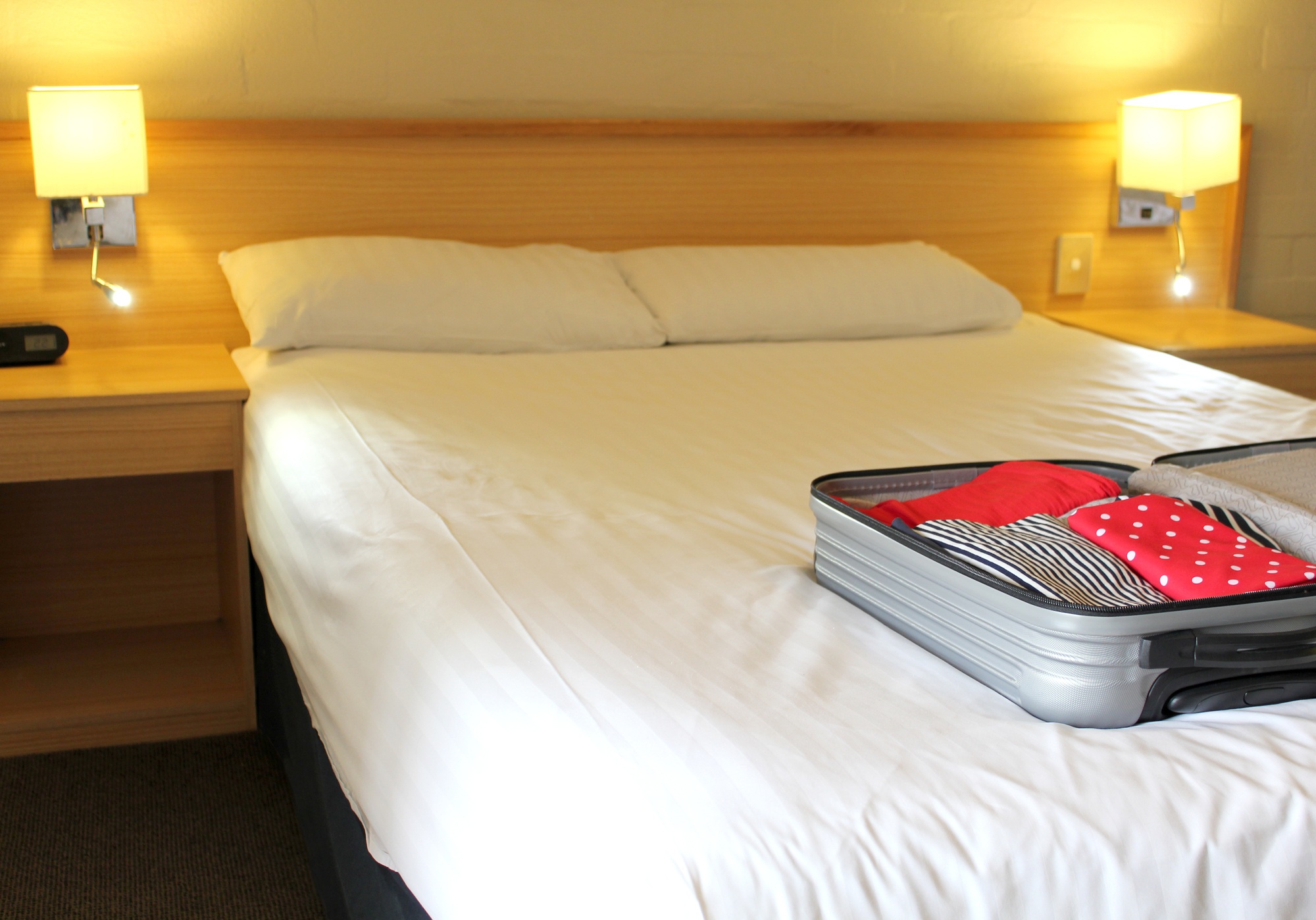
The legal aspects of Airbnb rentals in Thailand are essential for property owners to understand before entering the short-term rental market. Navigating these regulations ensures compliance and avoids hefty penalties. This guide explores the key legal considerations for operating Airbnb rentals, including licensing requirements, condominium rules, and tax obligations, helping hosts manage their properties effectively and legally.
Hosting short-term rentals can be profitable in Thailand. However, it requires compliance with specific laws. From licensing to taxes, landlords must navigate a variety of rules to ensure legality and success.
Legal Framework for Airbnb Rentals in Thailand
The Hotel Act of 2004 regulates short-term rentals in Thailand. It requires hosts to obtain a hotel license to operate legally. Without this license, hosts may face severe consequences. For example, penalties include up to one year in prison, fines of up to 20,000 THB, and additional daily fines of 10,000 THB.
Not all properties require a hotel license, though. Properties offering monthly rentals, hosting up to four rooms, accommodating fewer than 20 guests, or generating supplemental income are usually exempt. Therefore, understanding these exceptions can help small-scale operators remain compliant.
Condominium Restrictions for Airbnb Rentals in Thailand
Condominiums introduce additional legal considerations for Airbnb rentals. Most condominium boards strictly prohibit daily rentals. Short-term stays often violate condominium bylaws, leading to potential legal disputes. Thai courts have ruled that daily rentals without proper authorization are criminal offenses. In some cases, neighbors have filed civil claims against property owners who ignored these rules.
Before listing a condominium on Airbnb, hosts should carefully review bylaws and seek approval from the condominium board. This step can prevent legal complications and improve relationships with fellow residents.
Tax Obligations for Airbnb Rentals in Thailand
Taxes are an important part of operating an Airbnb in Thailand. Hosts must report all rental income under personal income tax regulations. Additionally, they must comply with land and house tax rules. Hosts earning above the VAT threshold need to register for VAT and file accordingly.
To stay compliant, Airbnb hosts should keep detailed records of rental activities. Consulting a tax advisor is also recommended to ensure that tax filings meet local laws and requirements.
Compliance Checklist for Airbnb Rentals in Thailand
Successfully managing Airbnb rentals in Thailand requires careful adherence to legal standards. Hosts should:
- Obtain necessary licenses under the Hotel Act for short-term rentals.
- Register their business and property with the relevant authorities.
- Maintain proper documentation of all rental activities and tax filings.
- Follow building safety regulations and respect condominium rules.
- Stay informed about legal changes through professional advice.
Conclusion
Understanding the legal aspects of Airbnb rentals in Thailand is essential for anyone operating short-term accommodations. By following local laws, including the Hotel Act, condominium regulations, and tax requirements, hosts can avoid penalties and operate their rentals legally. Taking proactive steps ensures a smooth Airbnb experience while maximizing the benefits of this venture.


